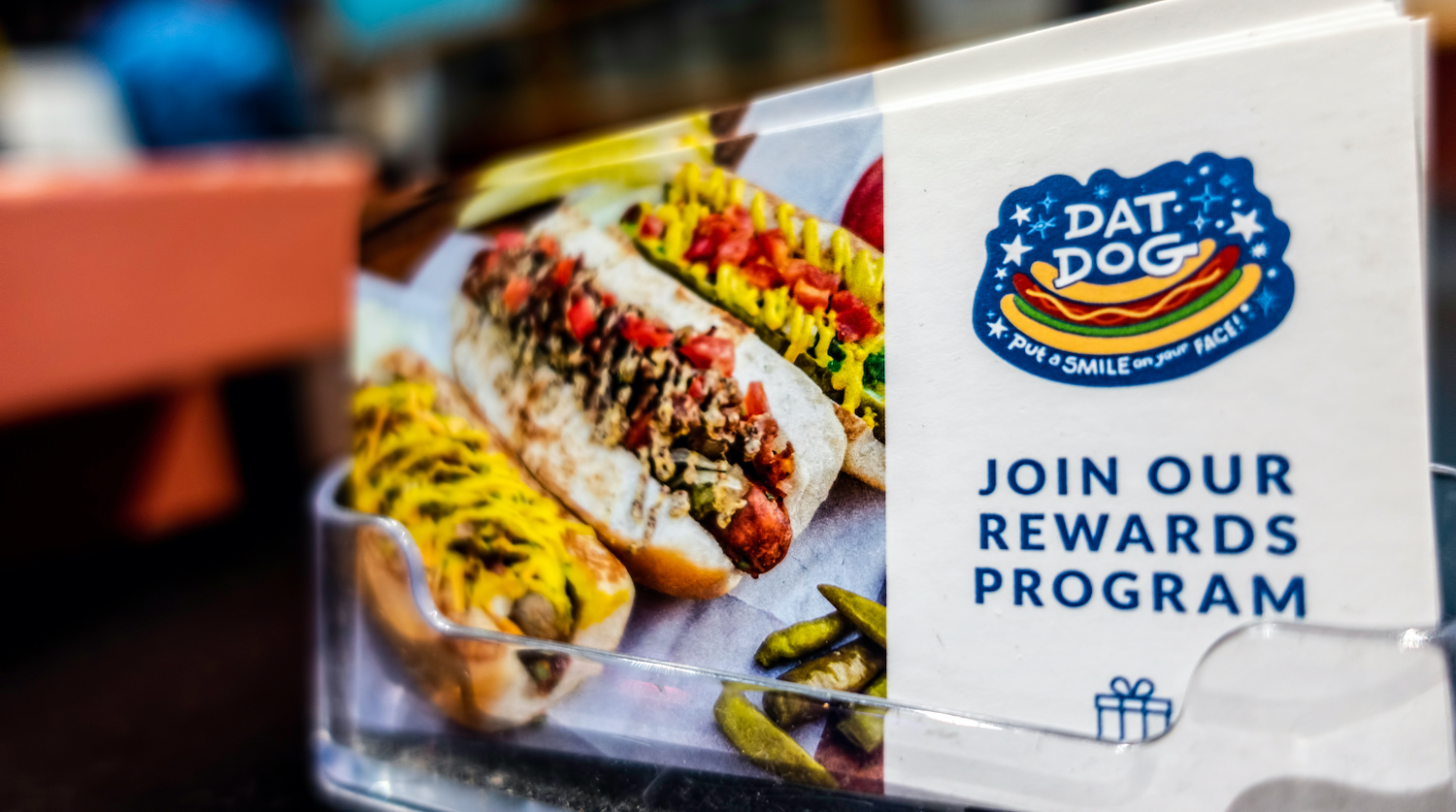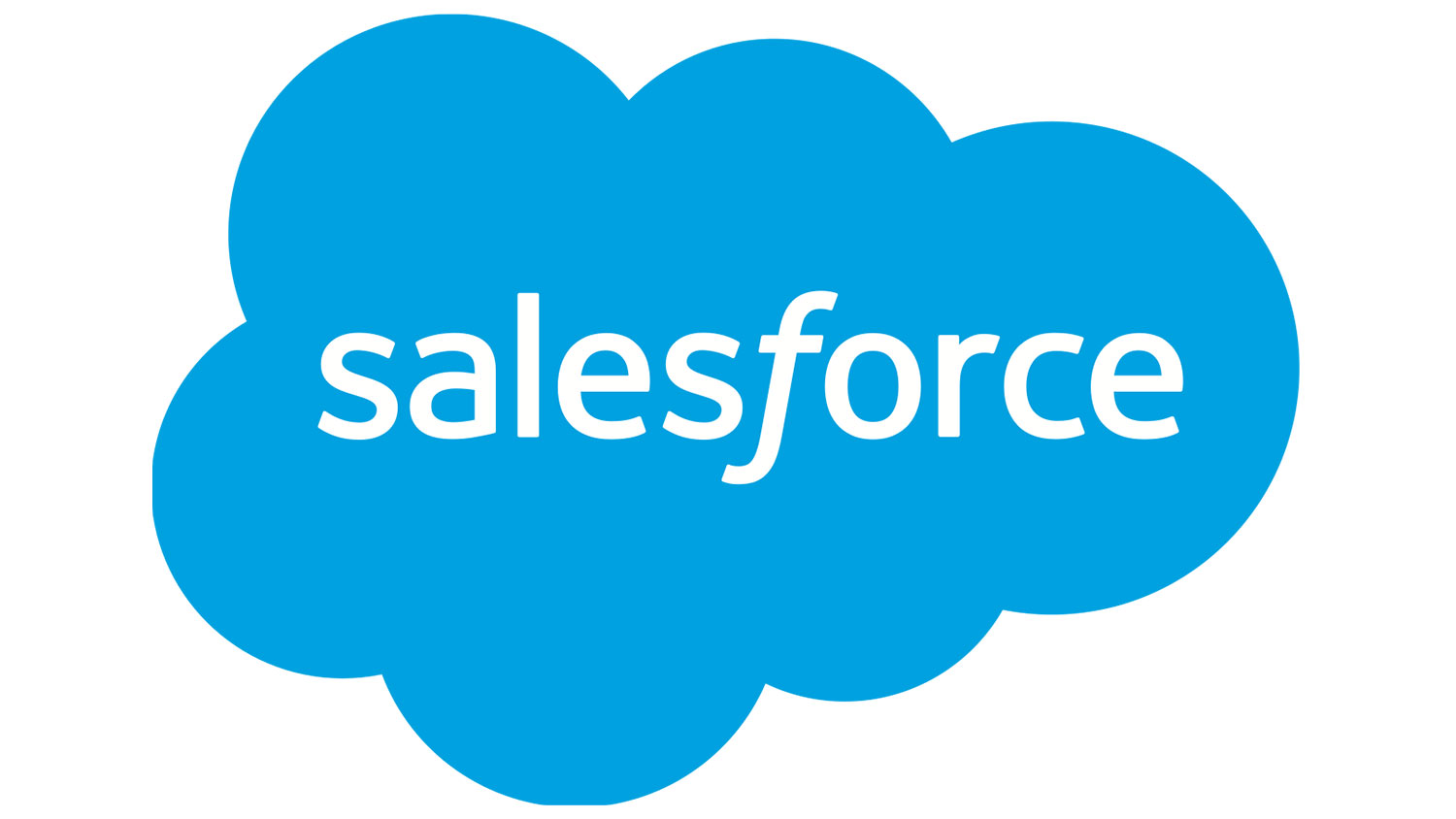Researchers Explore Strategic Licensing and the Impact of Reward Programs on Long-Term Consumption
Poole College professor’s research explores licensing in long-term food consumption, the role of forethought and how restaurant reward programs fit into it all.

By Caroline Barnhill
Take a cheat day. You’ve been good. Treat yourself. Our society is riddled with all sorts of phrases supporting the idea that when it comes to indulgence, a certain level of licensing goes into it. But what does the data say? Are there distinct differences between the behaviors of consumers who eat in moderation and the ones who don’t? When do consumers indulge? And what strategies do consumers employ to maintain a healthy lifestyle? These are all questions that sparked a study conducted by a team of researchers, including Poole College’s Rishika Rishika.
Rishika is an associate professor of marketing and acts as the director of the new master of management, marketing analytics program at NC State’s Poole College of Management.
The study of health and nutrition decisions serves as a continuation of Rishika’s research in consumer decision-making – and bridges the gaps in existing research about self-licensing and food choices.
“While there’s a good bit of research documenting the impact of licensing on consumer choices, much of it has been confined to lab experiments and short-term studies. These offer many valuable insights and they can be good approaches for determining how consumers make choices, but it is important to understand that these generally examine consumer behavior in one-time situations, or eating patterns over a relatively short period of time,” Rishika explains. “We were interested in seeing what choices consumers make in a real-world setting over a longer period. We wanted to discover patterns of behavior.”
To find these answers, Rishika’s team tracked more than 7,000 consumers’ food purchases from a popular restaurant chain with a rewards program over a period of 14 months.
“These customers are ones who purchase from this restaurant on a regular basis,” Rishika explains. “And the benefit of tracking these types of purchases over, say, purchases from a grocery store is that when you order food from a restaurant, you generally end up eating it. It’s understood that this is food people will actually consume.”
This rewards program, like most other restaurant rewards programs, only allows customers to redeem points for specific food items – not for cash. In that way, the study was able to track how reward programs play into consumer choices.
“We were interested to see what consumers were buying, which rewards they selected and when they felt like treating themselves,” Rishika says.
They found that customers who regularly purchased lower-calorie meals indulged more when reward occasions came along.
They found that customers who regularly purchased lower-calorie meals indulged more when reward occasions came along. On these occasions, they were more likely to select food items with higher calorie counts, and also had a higher probability of redeeming rewards for dessert items. Though customers who regularly purchased higher-calorie meals indulged on reward occasions as well, their overall jump in calories was significantly lower than the first group. To take the study further, the researchers added in lab experiments to determine the role of forethought. Incorporating five consecutive choice occasions, their results indicated that consumers strategically plan occasions to indulge – which suggests that reward programs can in fact amplify indulgence. Together, these results shine a light on the role of strategic licensing in long-term consumption patterns.
“When customers who eat in moderation see a reward occasion coming up, they plan an opportunity to indulge. They say, ‘Okay, I’ve been good – I’ll treat myself.’ In other words, reward occasions become a context for their strategic licensing. This is not to say that consumers who purchase higher-calorie meals don’t license at all – they do – but it isn’t happening on quite the same level,” Rishika explains.
Though the researchers suspected that some level of planning was involved, they were surprised to find this element of forethought so clearly reflected in their research. Finding this, however, reinforced their conclusions that licensing is a strategic, deliberate aspect of consumer behavior.
In that sense, the study’s findings highlight several opportunities for restaurants to cater to customers’ needs. By offering an array of menu options with both healthy alternatives and indulgent choices – as well as a rewards program that gives consumers strategic occasions to indulge – restaurants can reward their customers and help them live a balanced life, too.
By offering an array of menu options with both healthy alternatives and indulgent choices – as well as a rewards program that gives consumers strategic occasions to indulge – restaurants can reward their customers and help them live a balanced life, too.
“When it comes to manageable, healthy patterns of consumption, balance is key. Nobody needs to completely deprive themselves and lead a life of pure virtue. And in fact, nobody wants to. Our research so clearly indicates that consumers want to be happy,” Rishika says. “So for consumers who are more likely to indulge whenever they want, perhaps this pattern of strategic licensing, in which you wait for the right occasions to indulge, is something to try. It’s a lifestyle with both virtues and vices built in – but with fewer vices that are strategically placed apart. Our study suggests that this is a rather sustainable way to achieve this balance in the long run.”
The paper, “Really Rewarding Rewards: Strategic Licensing in Long-Term Healthy Food Consumption” is published in the Journal of Consumer Research. The paper was co-authored by Sven Feurer of Bern University of Applied Sciences and Kelly L. Haws of Vanderbilt University.
The study abstract follows.
“Really Rewarding Rewards: Strategic Licensing in Long-Term Healthy Food Consumption”
Authors: Rishika Rishika, NC State University; Sven Feurer, Bern University of Applied Sciences; and Kelly L. Haws, Vanderbilt University
Published: September 2021, Journal of Consumer Research
DOI: 10.1093/jcr/ucab059
Abstract: Licensing is a well-documented form of justifying individual indulgent choices, but less is known about how licensing affects food decision-making patterns over time. Accordingly, we examine whether consumers incorporate licensing strategically and deliberately in their long-term consumption patterns and identify reward programs as a context in which strategic licensing is likely to occur. We propose that members with lower-calorie consumption patterns strategically indulge more on reward purchase occasions, and that forethought is required for such an effect to occur. A longitudinal study analyzing 272,677 real food purchases made by 7,828 consumers over a 14-month period provides striking evidence of our key proposition. An exploration of the inter-purchase time-related aspect of purchase acceleration suggests that forethought on behalf of consumers is necessary for strategic licensing to occur. A subsequent experimental study (N = 605) comprising five consecutive choice occasions provides additional evidence of forethought by demonstrating that strategic licensing occurs only when expected (but not windfall reward) occasions are involved, and by showing that anticipated negative affect for not indulging is the driving mechanism. We conclude with a discussion of the implications of our results for consumers, managers, and public policy makers.
- Categories:
- Series:


